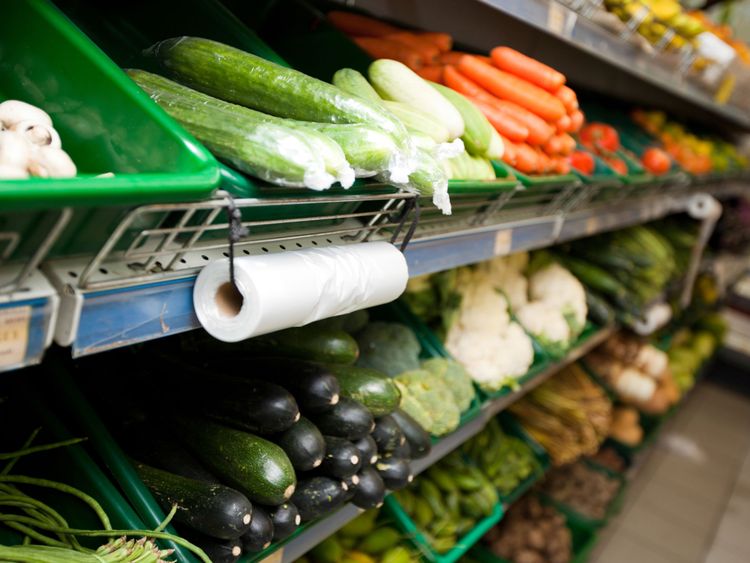The rate of inflation was unchanged last month at 2.4% despite a surge in fuel costs, according to official figures.
The Office for National Statistics (ONS) said higher transport costs exerted the most upwards pressure on the Consumer Prices Index measure during May amid steep rises in oil costs this year.
However this effect was offset, the number-crunchers added, by easing prices for games, domestic electricity, food and non-alcoholic beverages, and furniture and furnishings.
ONS head of inflation Mike Hardie said: “Recent large rises in the cost of crude oil have fed through to prices paid by consumers at the pump.
“Air fares and ferry prices also contributed to the overall increase in inflation due to the timing of Easter.
“However, these effects have been partly offset by price falls in computer games and energy costs rising by less than this time last year.”
Last week, the RAC charted the biggest acceleration in pump costs for at least 18 years in May as unleaded shot up from 123.43p to 129.41p a litre.
It followed Brent crude oil hitting $80 a barrel for the first time in three-and-a-half years – a cost which has since fallen back prompting claims by the AA that motorists were being “charged through the nozzle“.
Asda announced on Wednesday that it would be cutting unleaded by up to 3p-per-litre and diesel by 2p – with rival retailers expected to follow suit.
The inflation data followed news 24 hours earlier of a surprise slowing in wage growth to a rate of 2.8% in the three months to April.
It means that while salary increases are still outstripping the pace of price rises, household spending power has taken a knock.
Another consequence of the inflation data was a fall in the value of the pound against the dollar and the euro as investors bet that it reduced the chances of a rise in interest rates.
The Bank of England cited a slowdown in UK growth in the first quarter of the year for its decision not to raise the interest rate in May.
It was thought that any increase in inflation could help tip the Bank more towards rate action, but sterling slipped 0.4% against the dollar to $1.33 – driven down again in recent weeks on lower rate expectations and continuing Brexit uncertainty.
Ben Brettell, senior economist at Hargreaves Lansdown, said: “Some will say these figures add weight to the case for higher rates.
“But a slew of recent weaker data has dented expectations it will happen in August.
“Yesterday’s wage growth numbers were lower than expected, and data released on Monday showed manufacturing output dropped in April.
“Overall I think the MPC (monetary policy committee) will want confirmation that the Q1 growth figure was just a blip before raising borrowing costs.”
From – SkyNews






